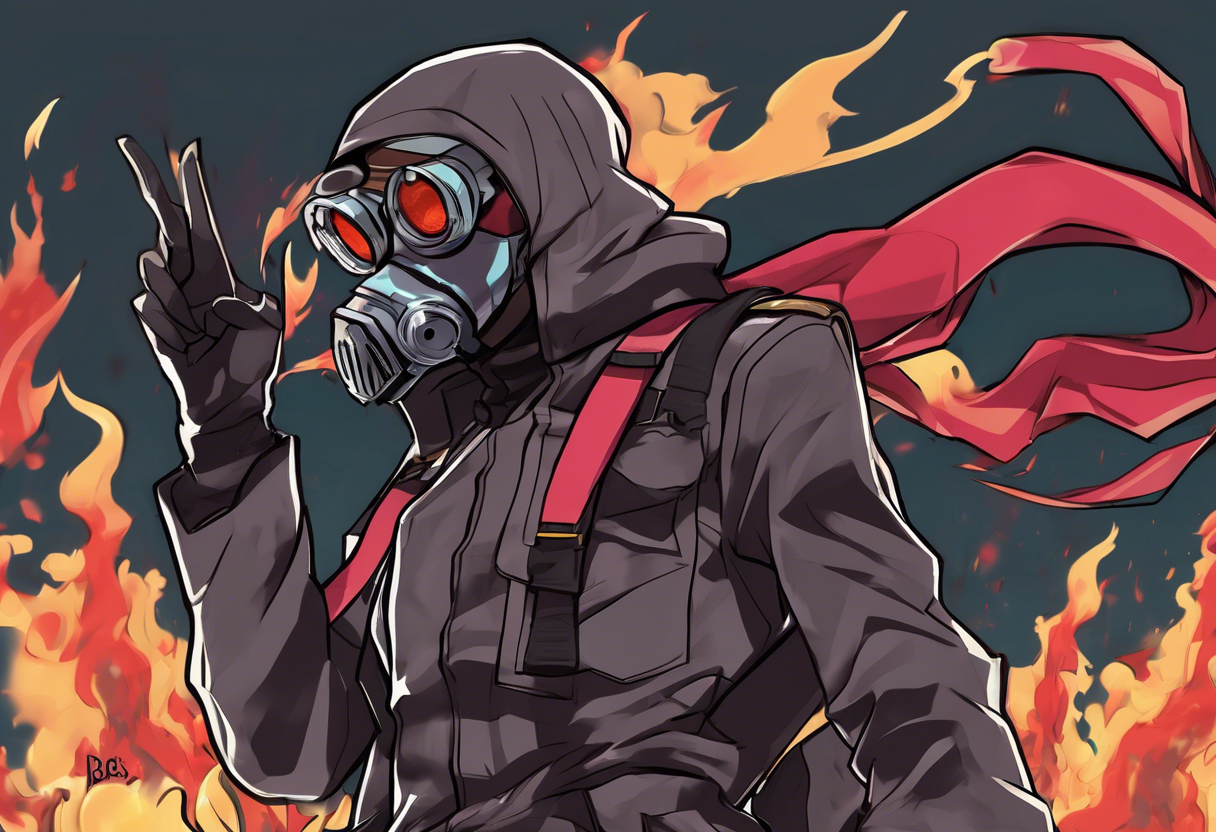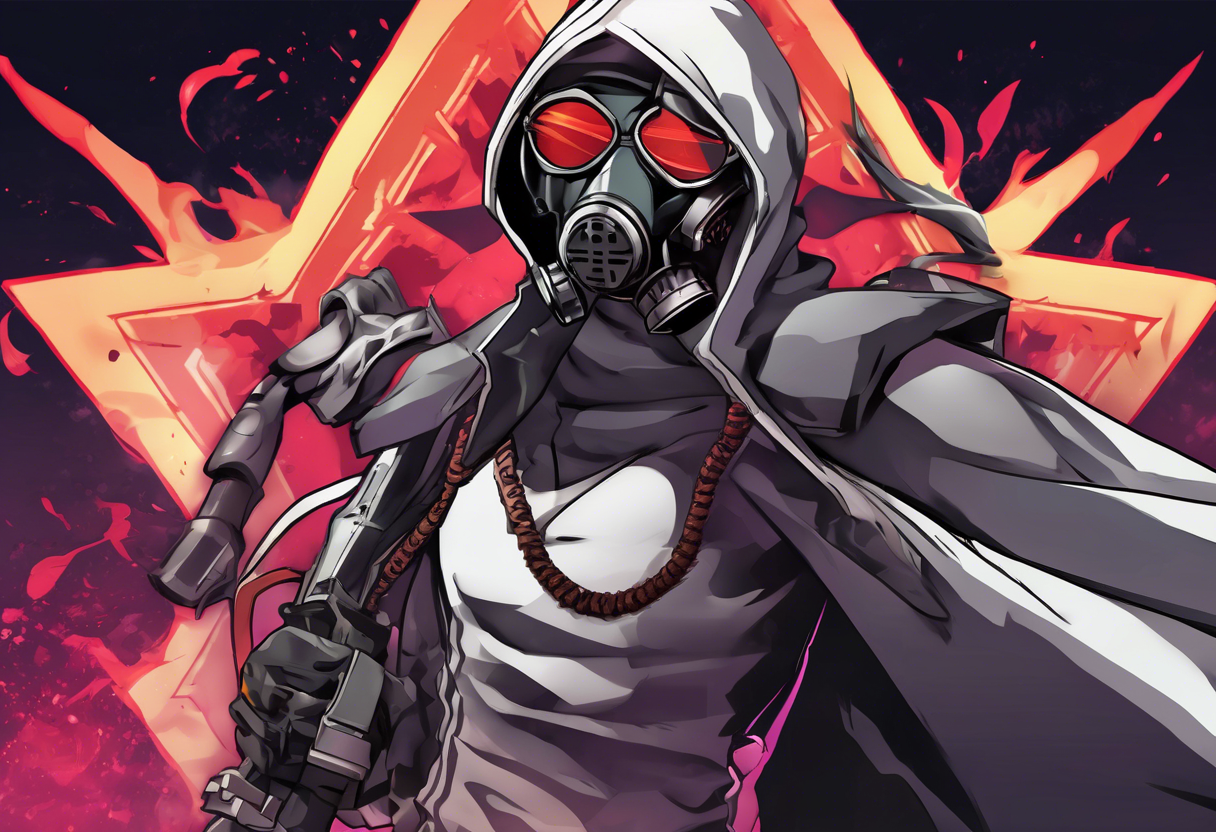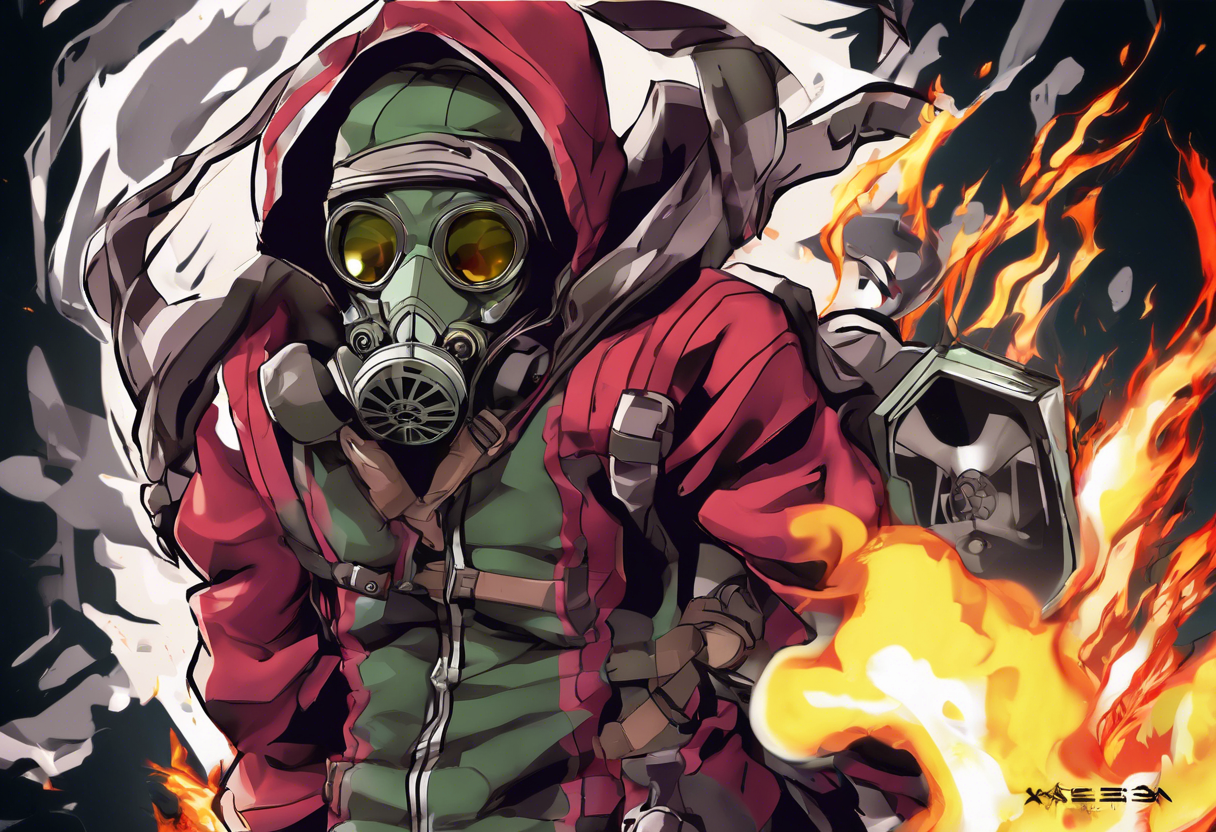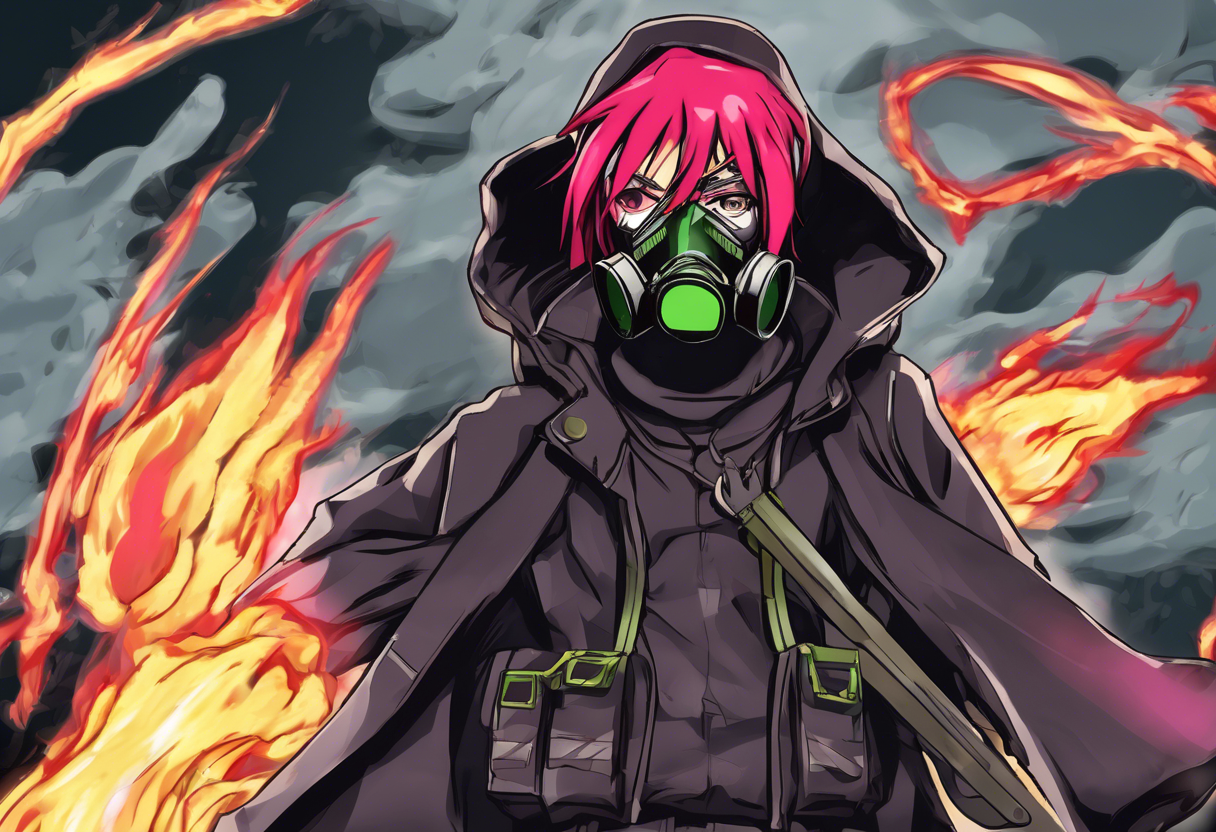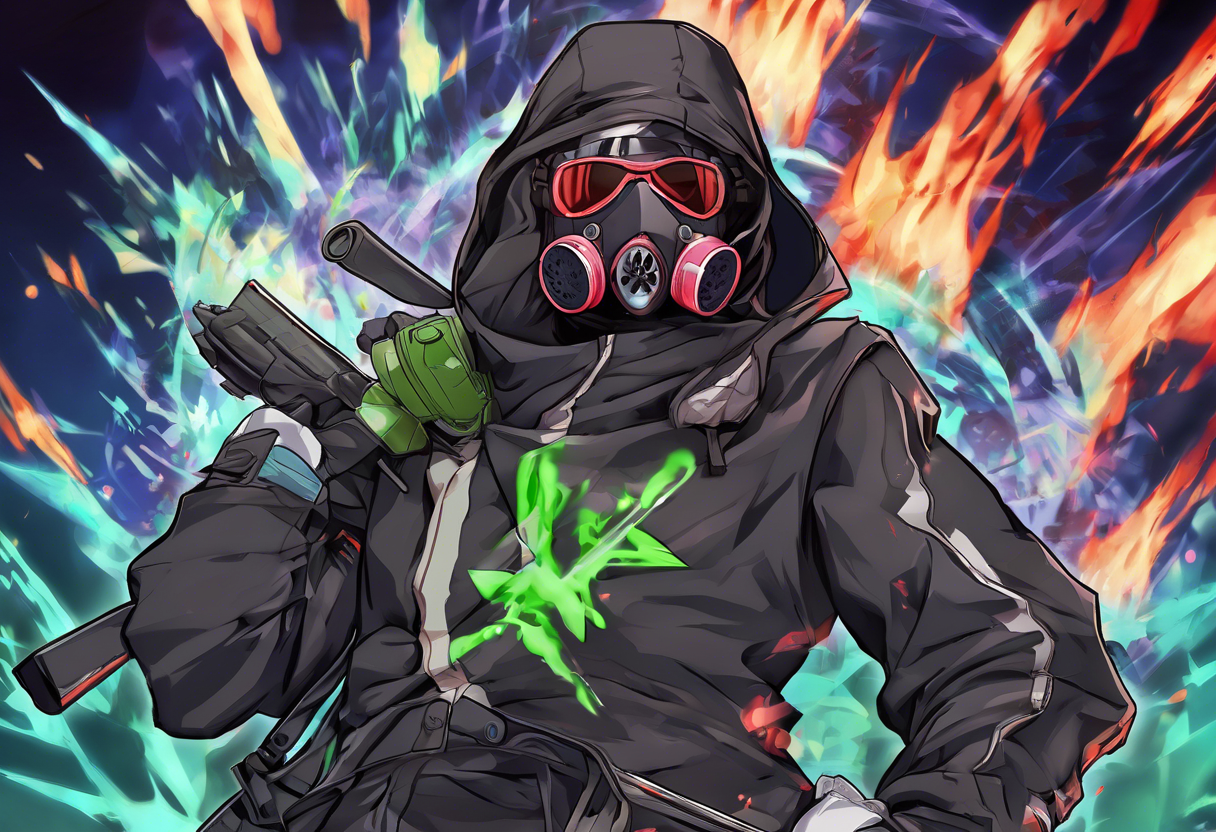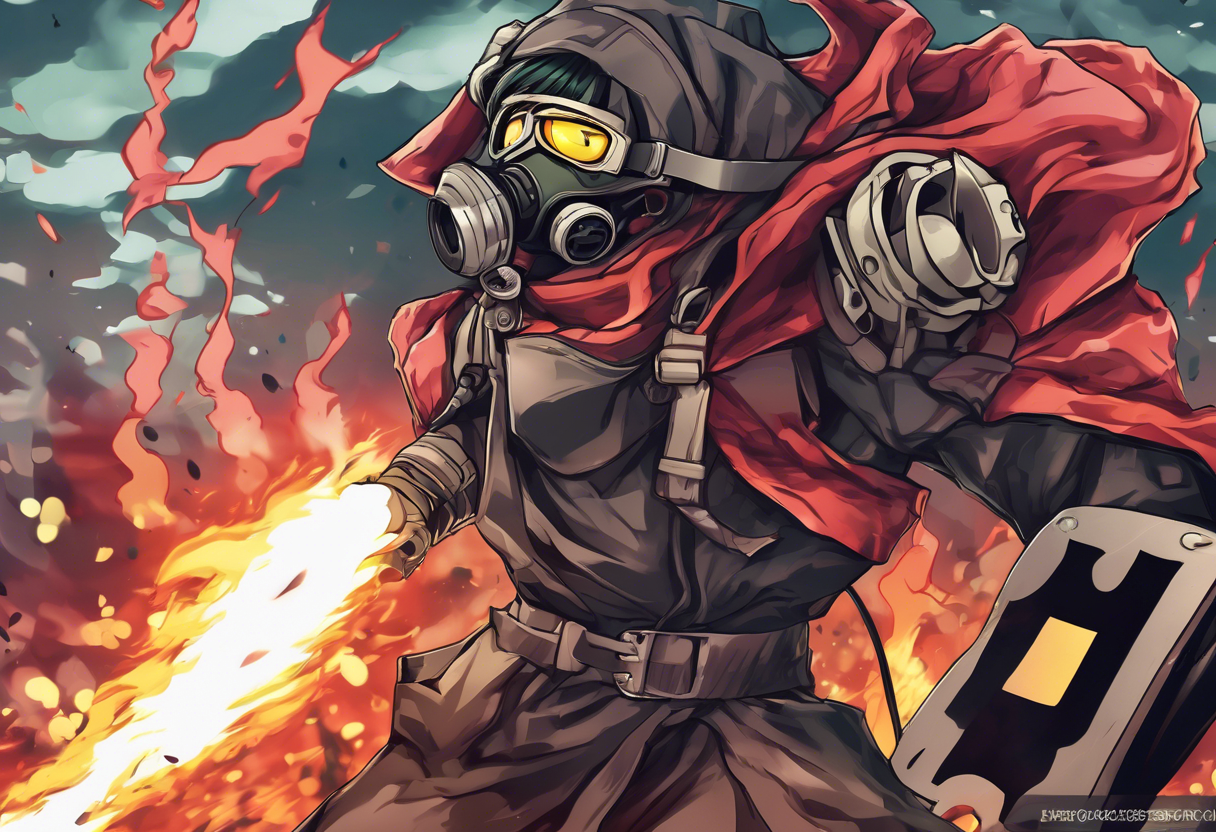Contents
Bols from Akame ga Kill!: A Comprehensive Character Analysis
Introduction
Bols, a pivotal character in the anime and manga series Akame ga Kill, is a complex and multifaceted individual whose creation and development add depth to the narrative. Created by Takahiro and illustrated by Tetsuya Tashiro, Bols is one of the older members of the Jaegers, an elite group of warriors serving the Empire. His background, defining attributes, and narrative function make him a significant character in the story.
Bols’s history is marked by his previous membership in the Empire’s Incineration Squad, where he was tasked with the gruesome job of incinerating villages and towns. This dark past is a defining attribute of his character and influences his actions and motivations throughout the series [3][4].
Despite his fearsome appearance, which includes a gas mask and leather straps, Bols has a gentle personality and is a devoted family man. This contrast between his job and his personal nature makes him an intriguing character, drawing parallels with literary figures who grapple with moral dilemmas and inner conflict.
Role in the Story
Bols’s role in Akame ga Kill! is multifaceted and crucial to the plot. As a member of the Jaegers, he is part of the Empire’s efforts to suppress the rebellion led by Night Raid. However, his personal arc is one of internal conflict and redemption.
Bols’s evolution is marked by his struggles with guilt over his past actions. He is haunted by the memories of the villages he incinerated and believes that karma will eventually catch up with him. This guilt is a driving force behind his actions, particularly his dedication to his wife and daughter, for whom he continues to work despite the moral weight of his job [3][5].
His relationships within the Jaegers are also significant. Bols is particularly close to General Esdeath, who comes to him for advice on romantic matters. This dynamic highlights Bols’s empathetic and caring nature, despite his tough exterior. Additionally, his passion for cooking brings a sense of camaraderie to the team, as he often prepares meals for his comrades [4][5].
Bols’s involvement in major plot developments is pivotal. His Teigu, "Invitation to Purgatory: Rubicante," a flamethrower with inextinguishable flames, plays a critical role in several battles. However, after his Teigu is damaged, he is forced to use its self-destruct mechanism, leading to his eventual death at the hands of Chelsea in disguise [4].
The tragic end of Bols is further compounded by the brutal murder of his wife and daughter by Wild Hunt, an event that underscores the brutality and consequences of the world in which the characters live [4].
Character Analysis
Bols’s personality is a blend of kindness, shyness, and a deep sense of responsibility. Despite his gruff appearance, he is a caring and gentle soul, particularly when it comes to his family. His shyness is evident in his reluctance to remove his mask, even among his comrades, reflecting his self-consciousness about his appearance [3][4].
His motivations are rooted in his love for his family and his desire to protect them. This love is so strong that it overrides his moral reservations about his job, leading him to continue working for the Empire despite the guilt he feels. This internal conflict makes Bols a deeply human and relatable character.
Bols’s strengths include his cooking skills, which serve as a way to connect with others and find some sense of normalcy in a chaotic world. His ability to perform housework and cook for his team members adds a layer of depth to his character, showing that even in a world of violence, there is room for domesticity and care [4][5].
However, his weaknesses are also significant. His guilt and fear of karma catching up with him create a sense of impending doom, which affects his actions and decisions. Additionally, his reluctance to kill innocent people often puts him at odds with his duties, highlighting the moral complexities of his role.
Themes and Symbolism
Bols’s character is deeply intertwined with several themes of Akame ga Kill. One of the most prominent themes is the struggle between personal morality and duty. Bols’s job as an incinerator of villages conflicts with his gentle and caring nature, symbolizing the internal battles many characters face in the series.
The theme of family is also central to Bols’s character. His love for his wife and daughter drives his actions and serves as a symbol of the human connections that exist even in a world dominated by violence and conflict. The tragic fate of his family further underscores the high stakes and brutal consequences of the characters’ actions [3][4].
Bols’s mask can be seen as a symbol of his dual identity. It hides his face, reflecting his desire to conceal his true self from the world. However, when Esdeath unmasked him during a group meal, it symbolized a moment of acceptance and connection with his comrades, highlighting the importance of human relationships in overcoming personal insecurities [3][4].
Cultural Impact
Bols has had a significant cultural impact on the Akame ga Kill! fanbase. His complex character and tragic storyline have resonated with fans, who appreciate the depth and nuance he brings to the series. In fan communities, Bols is often discussed for his moral complexity and the emotional impact of his story.
In related media and merchandise, Bols appears in various forms, including figurines, cosplay, and fan art. His character has also influenced other works within the anime and manga genre, particularly in the depiction of complex, morally ambiguous characters.
Critical Reception
Critics and viewers have responded positively to Bols’s character, praising his depth and the emotional resonance of his storyline. His portrayal as a family man with a cruel job has been highlighted as one of the series’ strengths, adding complexity to the narrative.
However, some critics have noted that Bols’s character, while compelling, is also tragic and short-lived. His early death in the series has been a point of discussion, with some viewers feeling that his potential was not fully explored.
Despite this, Bols remains one of the most memorable characters in Akame ga Kill, and his story continues to be a subject of analysis and discussion among fans and critics alike.
Legacy
Bols’s legacy in the world of anime is significant. He represents a type of character archetype that is both morally complex and emotionally resonant. His story has contributed to the evolution of character development in anime, showing that even minor characters can have profound impacts on the narrative.
Bols’s influence can be seen in other characters within the genre who grapple with similar moral dilemmas and personal conflicts. His character serves as a reminder that even in the most violent and chaotic worlds, there is room for humanity, compassion, and deep emotional connections.

